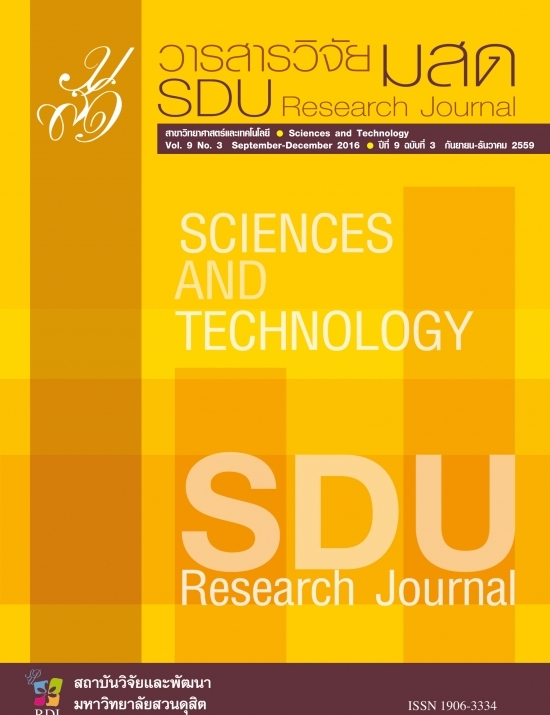The Styles of Management in Families Having a Child with Thalassemia
Keywords:
Family Management,, Children with ThalassemiaAbstract
Thalassemias are among the most common genetic disorders that have a high
prevalence in Thailand. It is estimated that 900,000 babies with thalassemia are expected
to be born during the next 20 years. This figure reveals that 30%-40% of populations in
Thailand are living with thalassemia syndrome. Qualities of life of children with
Thalassemia depend on their parents, who must deal with the intensive management of
their health and conditions, together with their normal growth and development. Hence,
purpose of this study was to predicate the way in which families incorporate the work of
managing their children with thalassemia into their family life.
Method: Descriptive design was conducted in parents of children with
thalassemia, recruited from tertiary care hospitals in Thailand (n=309). The self-reported of
Six Scale - Family Management Measure (FaMM) was applied to explore family
management for their children. Scores on each of the six scales of the FaMM was analyzed
by descriptive statistics.
Results: Majority of participants (73.8 %) were mothers in age between 26 to
35 years (mean = 34.8 years, SD = 6.6). Nearly half of them (48.2%) had sufficient family
income for their living. All of them are under Universal Health Care Scheme. The results
demonstrated that over half of parents (72.8 % – 82.2 %) scored on child’s daily life,
condition management ability, condition management effort, family life difficulty, view of
condition impact, and parental maturity were at moderate level with mean of 16.2
(SD = 2.9), 43.8 (SD = 6.3), 12.4 (SD = 3.1), 39.3 (SD = 9.3), 34.8 (SD = 5.4), and 26 (SD = 3.7)
respectively.








